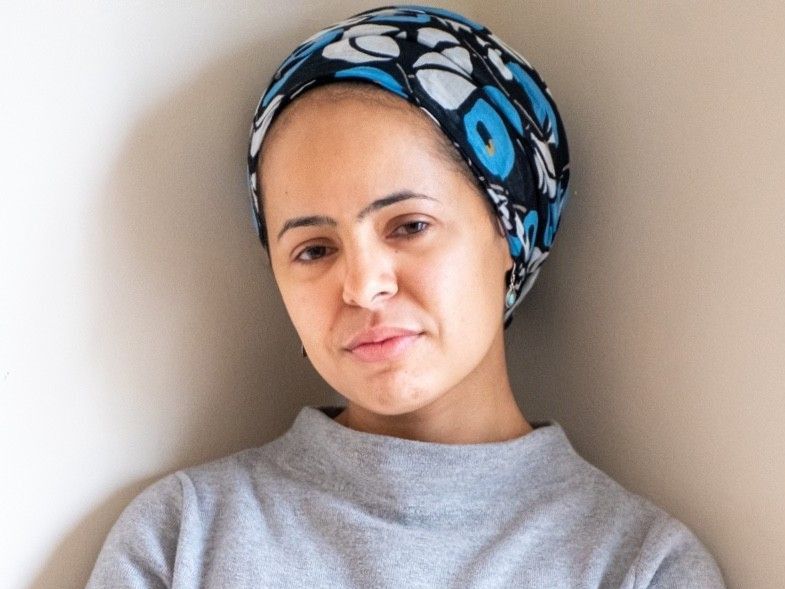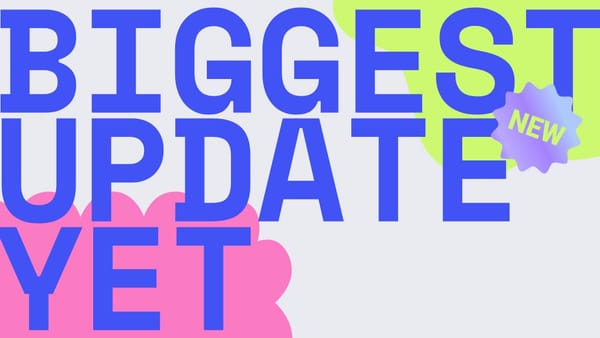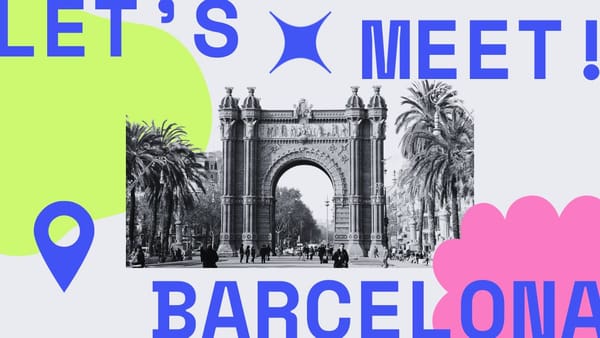Meet Afef Abrougui
Afef is an advisor, researcher, and community organizer at the intersection of technology and human rights.

Afef has expertise in network shutdowns, content moderation, and online gender-based violence and works with communities from the Global South. She has lived in Tunisia 🇹🇳 and the Netherlands 🇳🇱.
What's your biggest question at the moment?
How can we, as a community, advocates, and digital rights/human rights groups, collaborate and work better together to counter the multiple ways in which powerful actors (governments, tech companies, sellers of mercenary spyware, etc.) infringe on human rights in digital spaces? These actors have lobby power, plenty of resources, and extract troves of data on people everywhere. How can we take collective actions to counter that?
What work are you most proud of?
This is a hard question to answer. I don't have one specific piece of work or project I’m most proud of, but rather certain aspects or experiences I cherish, such as storytelling. For instance, as an editor for Advox, a project by Global Voices that covers the intersection of technology and human rights between 2016 and 2020, I got to work and collaborate with passionate writers, journalists, and human rights defenders on factual and insightful stories in regions, countries, and communities that are often overlooked by mainstream and partisan media.
Who inspires you, and why?
Friends and colleagues in the field who continue to persist and resist despite the multiple challenges that our community faces.
What initially sparked your interest in your field?
The uprising that toppled the Ben Ali regime in January 2011 in my home country of Tunisia. I started writing about the country’s democratic transition and human rights reform and found myself increasingly interested in digital rights topics such as censorship and surveillance.
What advice would you give to someone who wants to follow a similar path or do work similar to yours?
Writing is a good way to learn about different topics and trends in this field because it involves reading, conducting research, and speaking with others, including experts, affected individuals and communities, etc. Plus, published work provides exposure needed for those at the beginning of their careers.
How do you balance your professional life with personal interests and well-being?
Sufficient downtime and space to rest and enjoy offline activities that have nothing to do with my work and field: practicing the piano, art exhibitions, quality time with friends and loved ones, cooking, and reading. It also helps to eat well, get enough sleep, and exercise.
What is the most important lesson you've learned throughout your journey so far?
The data extraction business model of platforms does not serve human rights. Even when certain platforms introduce human rights commitments or due diligence mechanisms, and invest in trust and safety, human rights will remain an afterthought or completely sidelined.
Many of us who have covered, researched, and campaigned platforms know this reality too well. As a result, there is a need to think of more radical and creative ways to counter their power.
What is a book, article, or resource that has had a profound influence on your thinking or work?
How to Do Nothing: Resisting the Attention Economy, by artist and writer Jenny Odell.
I first read this book in 2020, at the onset of the COVID-19 pandemic, where, like many others, I had more time available because of the lockdown and was trying to figure out what to do with it and how to spend it “productively.” Odell’s book is a thought-provoking critique of efficiency and productivity in the attention economy and the overstimulation that comes from being online, commenting, posting, clicking, etc. As an act of political resistance, she proposes doing “nothings” that cannot be optimized from a capitalist point of view, such as birdwatching, art, writing poetry, etc.
Where can we connect with you?




